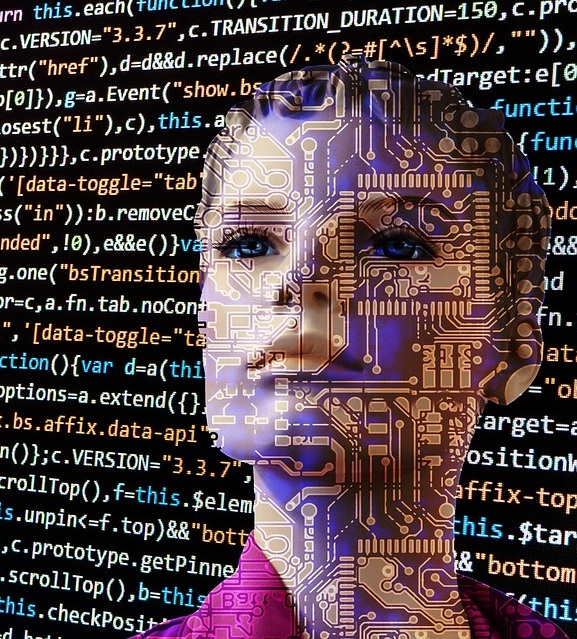Sci-Fi fans among you will now doubt be tuning in over the coming weeks to new Channel 4 drama Electric Dreams , a series of one-off stories based on the work of Philip K. Dick. Writing from the 1950s to 1970s, Dick’s work has already been turned into numerous smash hit films such as Blade Runner, Total Recall and Minority Report.
copyright by www.commstrader.com
 And while the main thread of those tales focus on the dystopian possibilities of a technologically advanced future, he also had an eye for the ordinary, humdrum details of how tech might affect everyday life. Alongside rogue cyborgs and digital mind control, for example, he also explored such dilemmas as being locked out of your own apartment because you do not have enough credits to tip the talking doors. Artificial Intelligence is reshaping the roles people and technology play in customer service.
And while the main thread of those tales focus on the dystopian possibilities of a technologically advanced future, he also had an eye for the ordinary, humdrum details of how tech might affect everyday life. Alongside rogue cyborgs and digital mind control, for example, he also explored such dilemmas as being locked out of your own apartment because you do not have enough credits to tip the talking doors. Artificial Intelligence is reshaping the roles people and technology play in customer service.
Customer Service Robot
Dick would have recognised from his own imagination many of the latest technologies now shaping daily life, the likes of Artificial Intelligence (AI), the Internet of Things (IoT), bots and robotics. He may even have been surprised by the accuracy of his own predictions – the way, for example, many service activities, once only possible through human-to-human communication, are now being automated thanks to the evolution of ‘smart’ systems which can analyse, predict and respond to human requests.
Your Voice is my Command
So customers having entire online conversations with automated chatbots, far from being a fiction drawn from a script of Electric Dreams , is now very much part of everyday reality. When you call up a business with a query, you may now have your call routed to a certain department or agent based on your past contact behaviours or spoken requests, rather than using a numbered keypad menu. The question facing the contact centre industry is, how far will all of this go? Will human agents, like in one of Dick’s stories, one day be superfluous to service roles, as more efficient, cost-effective and perhaps trustworthy intelligent machines take over? And if that does become a reality, what will be the impact on a service-based economy like the UK’s, where 4 per cent of the workforce is employed in contact centres alone? […]
read more – copyright by www.commstrader.com


Sci-Fi fans among you will now doubt be tuning in over the coming weeks to new Channel 4 drama Electric Dreams , a series of one-off stories based on the work of Philip K. Dick. Writing from the 1950s to 1970s, Dick’s work has already been turned into numerous smash hit films such as Blade Runner, Total Recall and Minority Report.
copyright by www.commstrader.com
Customer Service Robot
Dick would have recognised from his own imagination many of the latest technologies now shaping daily life, the likes of Artificial Intelligence (AI), the Internet of Things (IoT), bots and robotics. He may even have been surprised by the accuracy of his own predictions – the way, for example, many service activities, once only possible through human-to-human communication, are now being automated thanks to the evolution of ‘smart’ systems which can analyse, predict and respond to human requests.
Your Voice is my Command
So customers having entire online conversations with automated chatbots, far from being a fiction drawn from a script of Electric Dreams , is now very much part of everyday reality. When you call up a business with a query, you may now have your call routed to a certain department or agent based on your past contact behaviours or spoken requests, rather than using a numbered keypad menu. The question facing the contact centre industry is, how far will all of this go? Will human agents, like in one of Dick’s stories, one day be superfluous to service roles, as more efficient, cost-effective and perhaps trustworthy intelligent machines take over? And if that does become a reality, what will be the impact on a service-based economy like the UK’s, where 4 per cent of the workforce is employed in contact centres alone? […]
read more – copyright by www.commstrader.com
Share this: